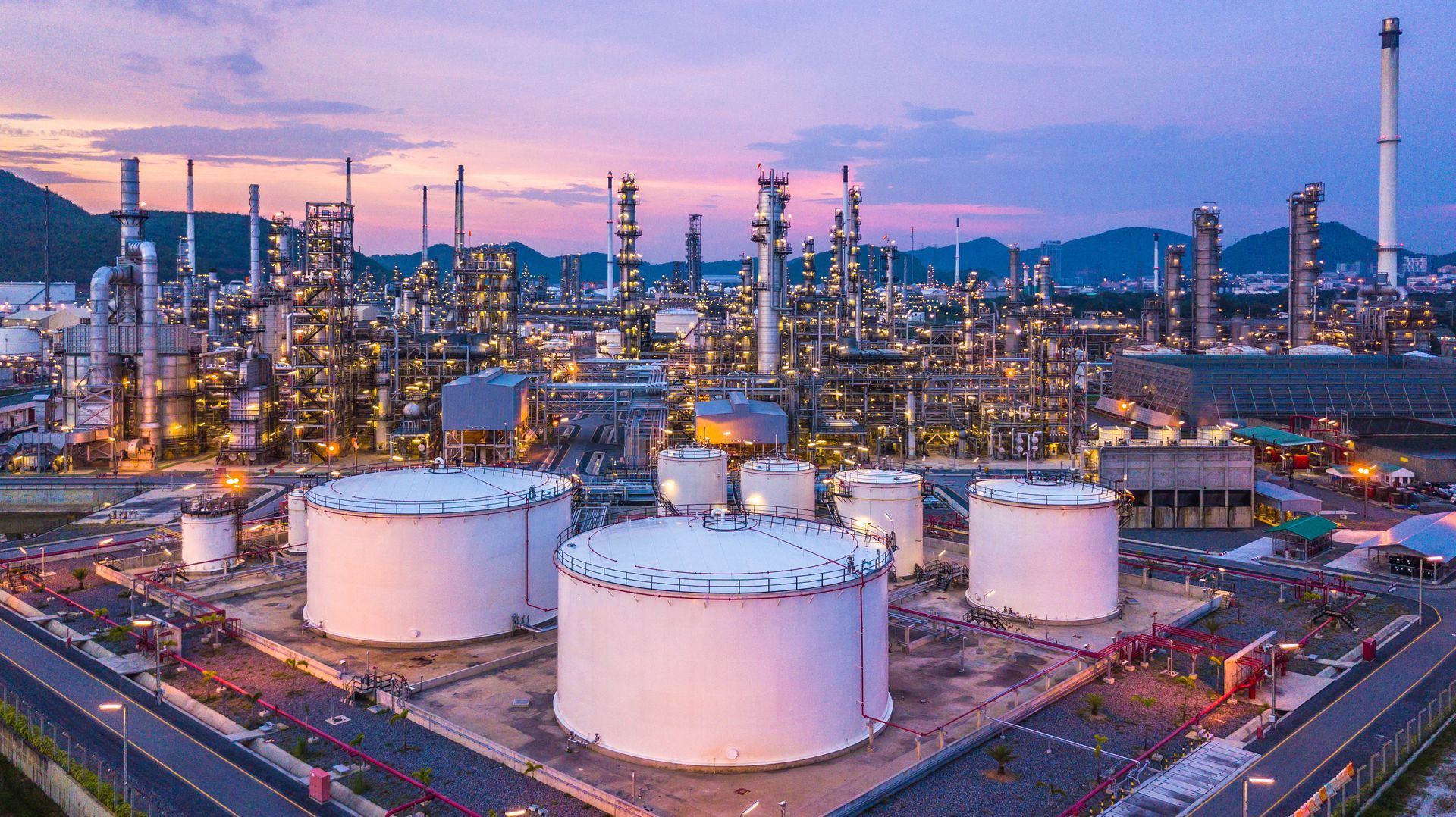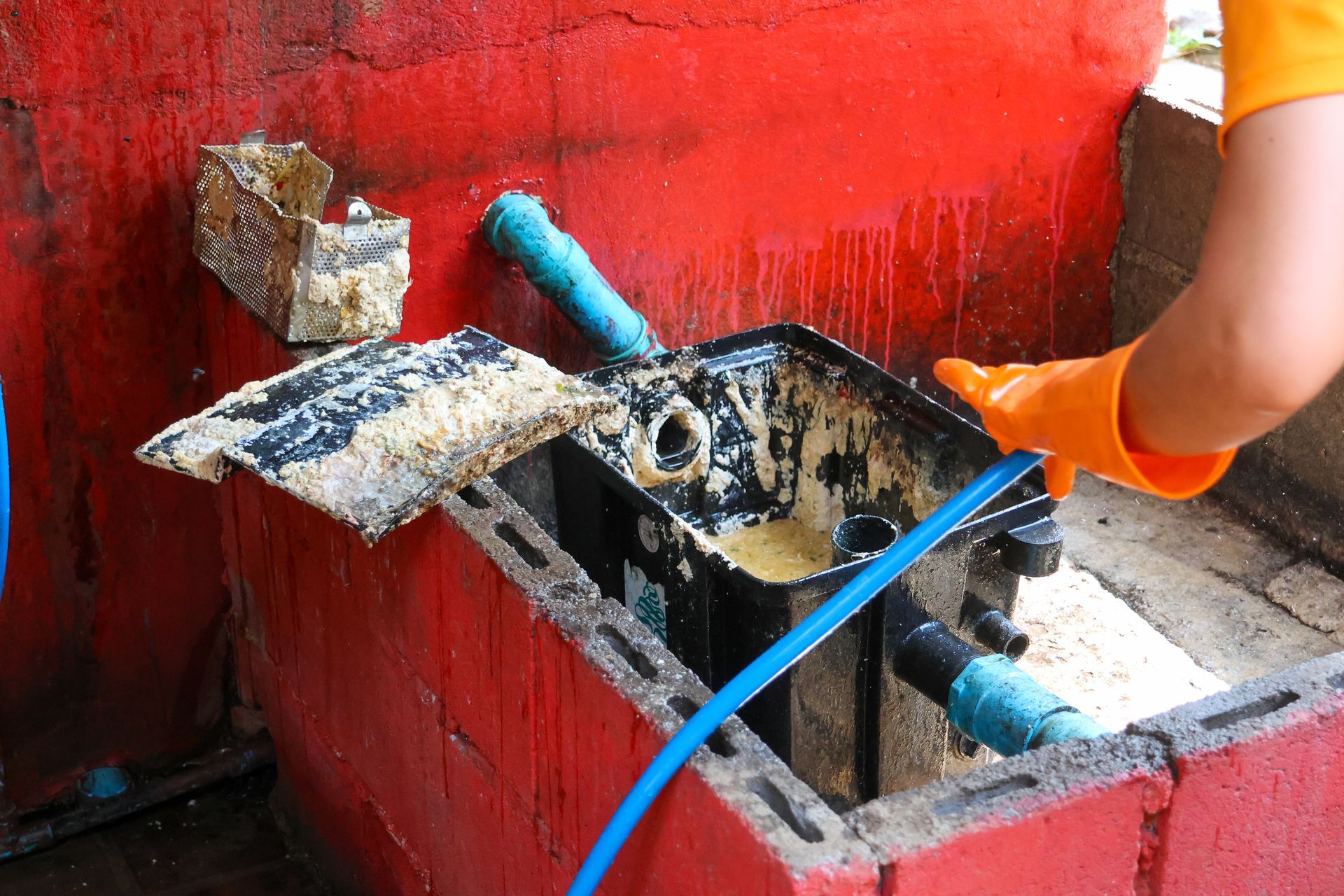Are Oil Refineries Bad for the Environment?

There are no measures by which oil refineries could be considered “good” for the environment, but their level of impact is highly dependent on factors like age and technology. Although economic and societal necessity isn’t central to the question, those variables should still be considered when judging the impact of oil refineries. In other words, oil refineries aren’t a net-benefit for the environment, but they are vital for the modern domestic and global economy as well as the basic needs of consumers.
Oil Refinery Basics
Oil is most often drilled and pumped out of the earth, although it can also be extracted via gas injection or chemical flooding. The extracted crude oil is then transferred to oil refineries by pipeline, tankers or even traditional overland freight methods like rail or trucks. Oil refineries are responsible for transforming the crude oil into useful products.
The actual refinement process is known as distillation. In simple terms, it’s the process of heating the crude oil to separate out impurities and components – nearly all of which is used in a truly diverse array of products.
What Is Crude Oil Refined Into?
Refined oil is used in an extraordinary number of products. The use ratio by application can vary from year to year and is dependent on local needs, but in the United States it usually looks something like:
- 45 percent gasoline
- 25 percent diesel
- 10 percent jet fuel
- 5 percent hydrocarbons for everything from paint and plastics to detergent and synthetic rubber
- 15 percent for other petroleum-based products (tires, wax, lipstick, asphalt, etc.)
The Environmental Impact of Oil Refineries
There are three primary buckets of environmental impact that can be attributed to oil refineries:
- Air pollution and greenhouse gases
- Water pollution
- Waste generation
The corporate interests that operate refineries are acutely aware of how air pollution and greenhouse gas emissions impact their reputation – not to mention the strict government regulations to which they are subject. There has been significant research into and even some implementation of various carbon capture and storage (CCS) technologies – but as of now air pollution is an inescapable byproduct of refinement.
In addition to copious quantities of carbon dioxide, oil refineries also produce:
- Sulfur dioxide
- Nitrogen oxides
- Carbon monoxide
- A variety of volatile organic compounds (VOC)s
Oil refineries also cause some degree of water pollution (although the degree to which this is true varies depending on technology and environmental responsibility of the refinery operator). In the U.S., refineries do treat their wastewater, but it can still contain trace amounts of toxins – which are then released into local bodies of water.
Although refinery operators and oil producers have an incentive to monetize every constituent component of the crude oil they refine, there is still some small portion of it that’s not useful. This means there is some physical waste generation in the form of sludge and residues, all of which must be disposed of somewhere.
Modern Realistic Alternatives
Petroleum is not the only source of fuel – nor are substitutes like ethanol that have their own host of potential environmental issues. Some studies claim the biofuel ethanol is worse for the climate than gasoline, while others tout the reduced emissions of the fuel itself to argue it’s the lesser evil.
The major criticism of the biofuel ethanol is the actual growing of a colossal amount of corn for biofuel production, which, in addition to being a carbon-intensive endeavor, also has far-reaching impacts via food costs, agriculture and government subsidies.
Recycling waste fryer oil into biodiesel is an entirely different story. Fryer oil is going to be produced and used regardless. These vegetable oils were not produced for the sole purpose of fueling vehicles – they were made to fry foods. Recycling waste oil outright eliminates one of the biggest criticisms of ethanol, which is the growing of food for the express purpose of turning it into fuel.
In addition to not having ethanol baggage, biodiesel also boasts enhanced environmental benefits. Biodiesel burns much cleaner than diesel derived from petroleum, greatly reducing emissions. Unlike the sludge and biproducts produced by refineries, biodiesel is a non-toxic, biodegradable fuel. Although spills of biodiesel are rare, if they do happen, there’s far less environmental risk.
Maybe most important, recycling waste cooking oil is an extremely efficient waste reduction strategy, nearly entirely eliminating the presence of waste fryer oil in landfills or waterways.
The actual process of recycling fryer oil is also less energy and resource intensive than the process of refining crude oil into its many constituent parts.
From a goal-oriented perspective, recycling waste fryer oil into biodiesel promotes a circular economy. This is the concept of minimizing waste by maximizing resource efficiency and use. While we’re not at the point where we can get a one-to-one food waste-to-fuel exchange, the use of waste oil recycling and composting does enable food service businesses to get closer than most to achieving circular economy ideals.
Become Part of the Solution with Southern Green Industries
If you operate a food service business in Atlanta and you want to participate in the circular economy to keep our waterways clean, minimize landfill waste and help maintain sewer health, call Southern Green Industries. We’re proud to be the greenest waste oil recycling and grease trap cleaning company in the Atlanta metro area. Call us at (404) 419-6887 for a free quote.
Recent Blog Posts
Contact us Today for a FREE Quote
We are committed to making grease trap cleaning and fryer oil recycling as clean and easy as possible. If you’d like to learn more about our services or get a quote, give us a call at (404) 419-6887.



